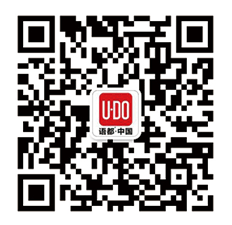2012年9月中级口译阅读理解5
http://yingyu.yinghuaedu.com 来源:英华教育(青岛)语言中心 发布时间:2012-12-10 16:31:09
英华教育青岛语言中心搜集整理了2012年9月中级口译考试阅读理解5,供备战中级口译的童鞋们复习使用,祝童鞋们顺利通过考试,更多中级口译学习资料请继续锁定英华教育网站。
The invention of banking preceded that of coinage. Banking originated something like 4,000 years ago in Ancient Mesopotamia, in present-day Iraq, where the royal palaces and temples provided secure places for the safekeeping of grain and other commodities. Receipts came to be used for transfers not only to the original depositors but also to third parties. Eventually private houses in Mesopotamia also got involved in these banking operations, and laws regulating them were included in the code of Hammurabi, the legal code developed not long afterwards.
In Ancient Egypt too, the centralisation of harvests in state warehouses led to the development of a system of banking. Written orders for the withdrawal of separate lots of grain by owners whose crops had been deposited there for safety and convenience, or which had been compulsorily deposited to the credit of the king, soon became used as a more general method of payment of debts to other people, including tax gatherers, priests and traders. Even after the introduction of coinage, these Egyptian grain banks served to reduce the need for precious metals, which tended to be reserved for foreign purchases, particularly in connection with military activities.
5. In both Mesopotamia and Egypt the banking systems
A. were initially limited to transactions involving depositors.
B. were created to provide income for the king.
C. required a large staff to administer them.
D. grew out of the provision of storage facilities for food.
6. What does the writer suggest about banking?
A. It can take place without the existence of coins.
B. It is likely to begin when people are in debt.
C. It normally requires precious metals.
D. It was started to provide the state with an income.












 (高老师)
(高老师)


